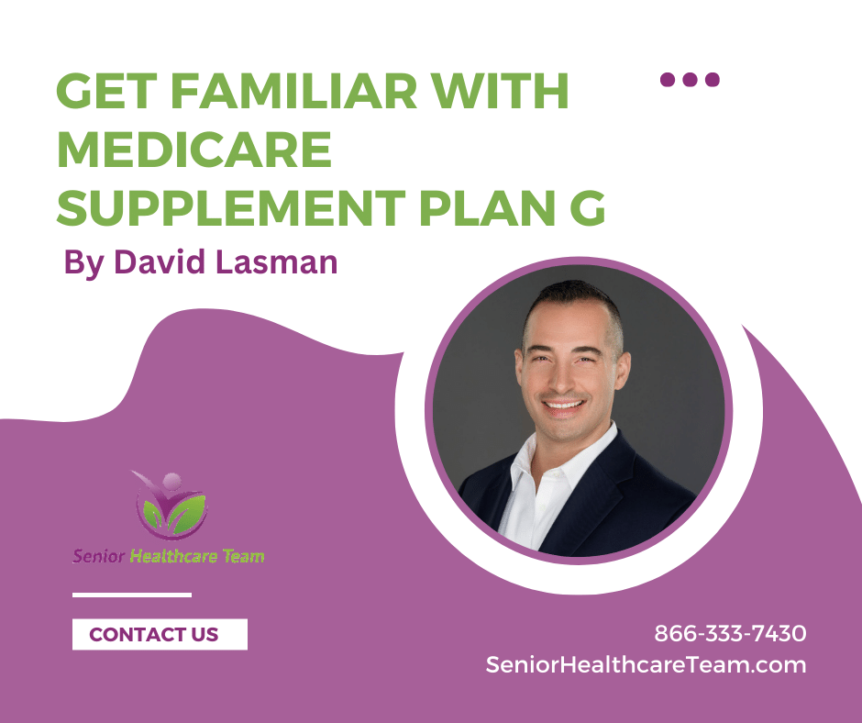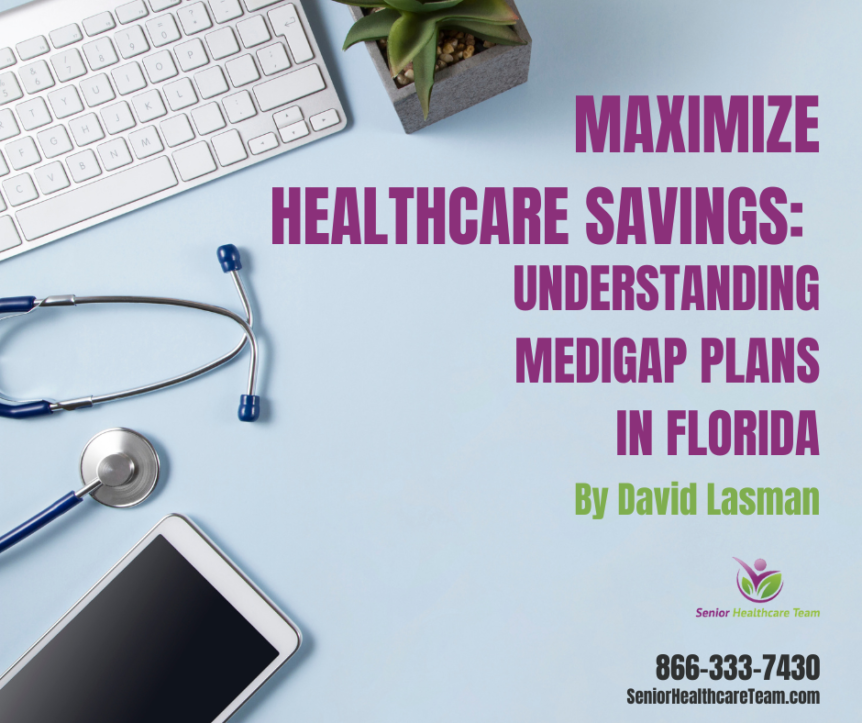Navigating the complexities of Medicare and supplemental insurance can be challenging, especially for residents in Florida where there are numerous options and considerations. To help you make informed decisions, we have compiled a list of the top 10 frequently asked questions about Medigap policies for Florida residents in 2024. This comprehensive guide will provide you with the essential information you need to understand and select the best Medigap plan for your needs.
Do I Really Need Supplemental Insurance with Medicare?
As individuals approach retirement age in the United States, one of the primary concerns is healthcare coverage. Medicare, the federal health insurance program for people aged 65 and older, provides essential coverage for many medical services. However, Medicare alone may not cover all healthcare costs, leading many individuals to consider supplemental insurance plans. But do you really need supplemental insurance with Medicare?
Get Familiar with Medicare Supplement Plan G
Medicare Supplement Plan G is a standardized insurance plan designed to help cover some of the out-of-pocket costs not covered by Original Medicare (Part A and Part B). It offers comprehensive coverage and is widely available across the United States. Here’s a detailed look at Medicare Supplement Plan G:
Maximize Healthcare Savings: Understanding Medigap Plans in Florida
As individuals approach retirement age, concerns about healthcare costs often loom large. In Florida, where a significant portion of the population is comprised of retirees, understanding how to effectively manage healthcare expenses becomes paramount. Among the various options available, Medigap plans stand out as a popular choice for supplementing Medicare coverage. But just how much can you save with a Medigap plan in Florida?
Medicare Supplement Plans in Florida: A Comprehensive Guide
Medicare supplement plans, also known as “Medigap”, play a crucial role in filling the gaps left by Original Medicare coverage. In Florida, where healthcare costs are among the highest in the nation, understanding your options for Medicare supplement plans is essential. This article serves as a comprehensive guide to help you navigate the complexities of Medicare supplement plans in Florida.
The Ultimate Guide to Medicare Supplement Plans in 2024: How to Maximize Your Coverage and Save Money
In this comprehensive guide, we’ll delve into the different types of Medicare Supplement Plans available in 2024, their benefits, and how they can address gaps in your Medicare Part A and Part B coverage. We’ll explore the key factors to consider when selecting a plan, such as cost, coverage options, and provider networks. Our goal is to empower you to make informed decisions that optimize your healthcare and budgetary needs.
Unveiling the Best of the Best: The Top 5 Medicare Supplement Plans Revealed!
Are you looking for the best Medicare supplement plans? Look no further! In this article, we will unveil the top 5 Medicare supplement plans that provide extensive coverage and value for your healthcare needs. Whether you’re a senior citizen or someone with a disability, having the right Medicare supplement plan is essential to ensure you receive the healthcare services you deserve.
Finding the Right Medigap Agent Near You: A Comprehensive Guide
In the complex world of healthcare, navigating the intricacies of Medicare and its supplements can be overwhelming. That’s where Medigap agents come in. These professionals specialize in helping you find the right Medigap plan to complement your existing Medicare coverage. If you’re looking for a Medigap agent near you, this guide will walk you through everything you need to know to make an informed decision.
Top 10 Tips to Avoid the Worst Medigap Companies in South Florida
Medicare supplement insurance, also known as Medigap, is designed to help fill the gaps in coverage left by Original Medicare. With South Florida’s large retiree population, choosing the right Medigap plan is crucial. However, not all Medigap companies are created equal, and some may offer subpar coverage or poor customer service. To avoid the worst Medigap companies in South Florida, consider the following tips:
The Benefits of Medicare Supplement Insurance Plan G
As individuals approach retirement age, understanding and navigating healthcare options becomes increasingly important. Medicare is a federal health insurance program for people who are 65 or older, certain younger people with disabilities, and people with End-Stage Renal Disease (ESRD) or Lou Gehrig’s disease. While Medicare provides comprehensive coverage, it does not cover all healthcare costs, leaving beneficiaries vulnerable to out-of-pocket expenses.










